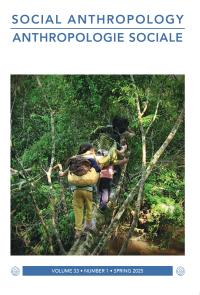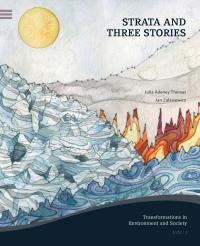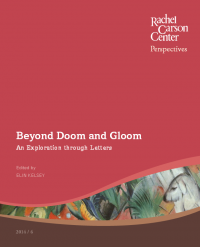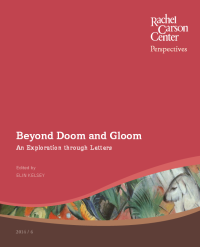“Child Socialisation and Environmental Transformation in Indigenous South America”
Chapters from the Social Anthropology/Anthropologie Sociale special issue “Child Socialisation and Environmental Transformation in Indigenous South America,” edited by Jan David Hauck and Francesca Mezzenzana.





